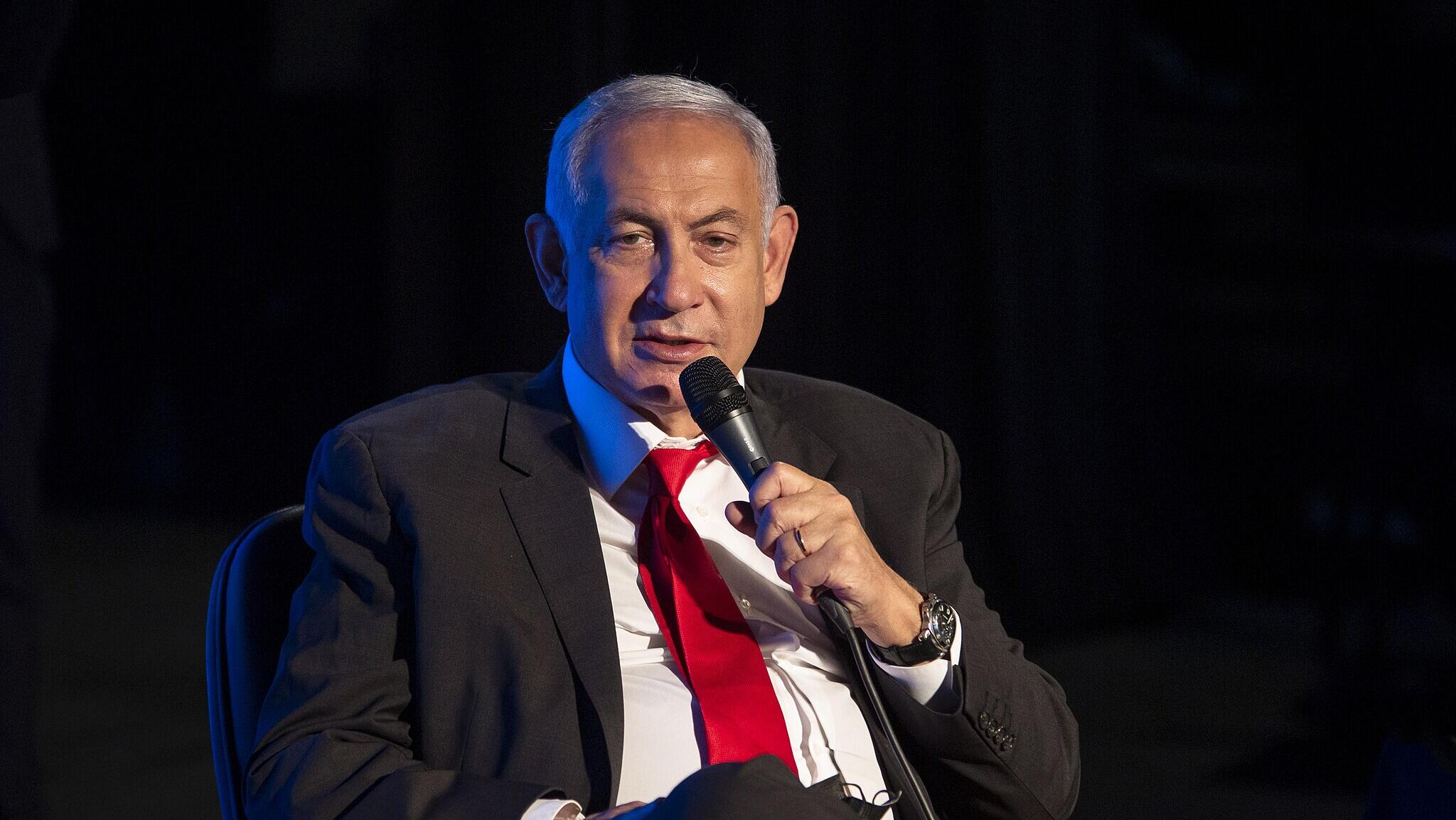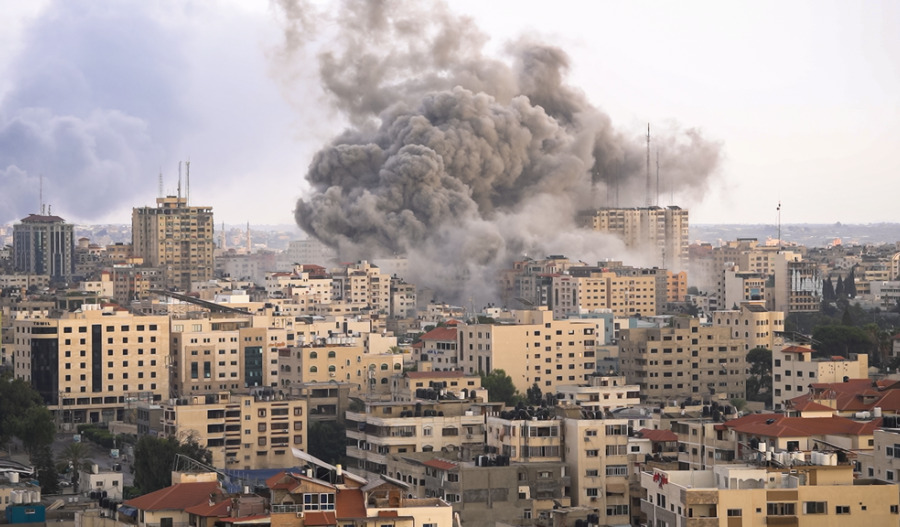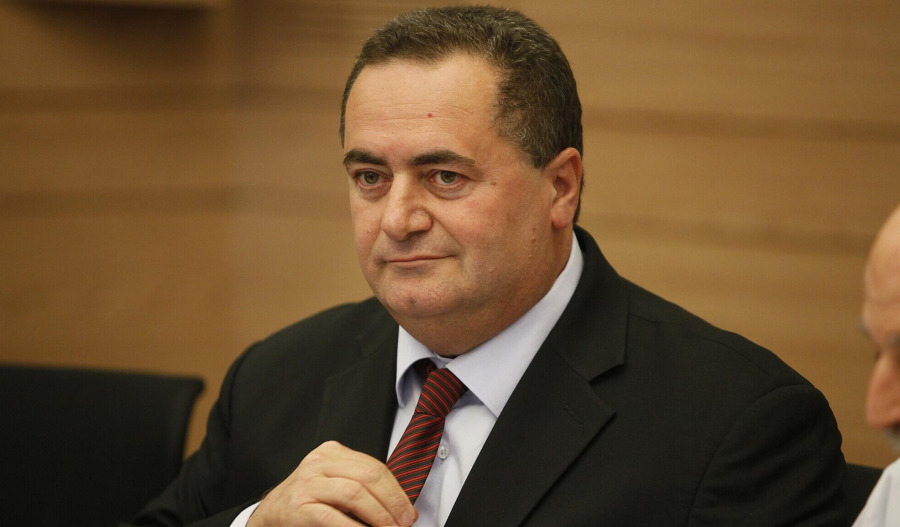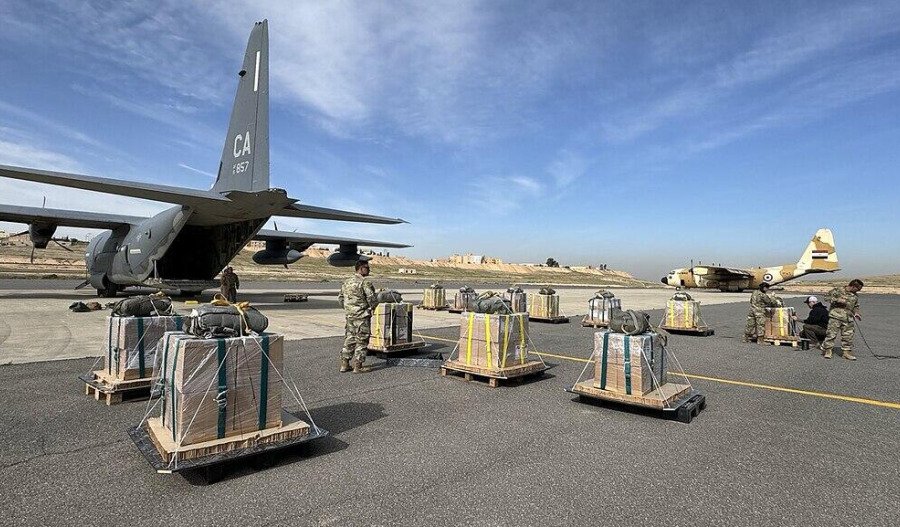Israeli Prime Minister, Benjamin Netanyahu, has defended his plan to seize the Gaza Strip, which could displace much of the population along the strip.
He made the comments at a press conference in Jerusalem despite tens of thousands of Israelis protesting the plan, which was approved by Israel’s Security Cabinet late last week.
“We have about 70 to 75% of Gaza under Israeli control, military control. But we have two remaining strongholds. These are Gaza City and the central camps in Al Mawasi,” Netanyahu told reporters.
“Given Hamas’s refusal to lay down its arms, Israel has no choice but to finish the job and complete the defeat of Hamas”
During an emergency weekend session of the UN Security Council in New York, there were repeated warnings that the move would cause a dire humanitarian crisis, rather than end the 22-month war.
“If these plans are implemented, they will likely trigger another calamity in Gaza, reverberating across the region and causing further forced displacement, killings, and destruction,” UN Assistant Secretary General, Miroslav Jenca said.
According to Gaza’s health ministry, five more people, including two children, have died from malnutrition, bringing the number of children who have died from these causes to 100. The number of adults sits at 217.
Netanyahu has disputed claims of Israel imposing a blockage and restrictions of aid entering the territory, saying it was “completely false” that his government was implementing a “starvation policy”.
He did, however, acknowledge the hunger and problems with the food distribution system run by the U.S. and Israeli-backed Gaza Humanitarian Foundation (GHF), but accused the media of “lies” about the scale of the problem.
Just hours before Netanyahu spoke, 26 Palestinians were killed while seeking aid in Gaza.
Despite being a close ally with Israel, Britain pushed for the emergency UN meeting and warned that Netanyahu’s plan risked prolonging the conflict.
“It will only deepen the suffering of Palestinian civilians in Gaza. This is not a path to resolution. It is a path to more bloodshed,” said British deputy ambassador to the UN, James Kariuki.
On the other hand, the U.S., which is a veto-wielding permanent member of the Security Council, offered support for Israel, accusing other nations in support of the emergency meeting of “actively prolonging the war by spreading lies about Israel”.
“Israel has a right to decide what is necessary for its security and what measures are appropriate to end the threat posed by Hamas,” said the U.S. envoy to the UN, Dorothy Shea.
Related content



